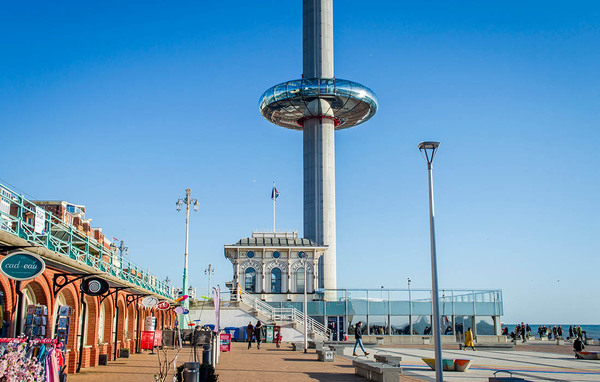How to recruit foreign nationals
Understanding the immigration system’s ‘new normal’ is the first step in plugging recruitment gaps from abroad, as Mark Templeton explains
In recent years recruiting key staff has become an existential challenge for many businesses in the hospitality sector. Amid the maelstrom of seismic events impacting the sector – Brexit and the end of free movement with the EU, the pandemic, the energy price spike and high cost inflation – it can be hard to identify which changes are permanent and what the current lie of the land is.
To recruit from overseas, savvy businesses need to understand the “new normal” of the UK immigration system. As the new immigration system will be here for the long term, there are three key areas to consider.
Sponsor licences
To recruit workers from overseas, businesses need a Home Office sponsor licence for skilled workers. In the hospitality sector, the positions eligible for such sponsorship are chefs and management-level staff.
There are two things to consider before applying for a sponsor licence: the costs involved and the resources needed to comply.
First, the good news. The resources required to comply should not put off any business. Every organisation, whatever its size, already has HR responsibilities, and compliance is ultimately an extension of existing HR practices.
The costs, on the other hand, will be a decision for each business to make, based on whether the benefit of a bigger workforce is worth the initial fees and ongoing costs.
A major advantage of sponsorship is that after five years a skilled worker can apply to settle permanently in the UK if they remain in sponsored employment. In other words, this route offers employers a prospect of improved staff retention. When weighing up the initial costs, businesses should remember that greater staff retention can also reduce the costs associated with high recruitment churn.
Visa holders
Essential hospitality staff not eligible for sponsorship as skilled workers include those in bar, waiting, reception and housekeeping roles. However, visa holders who are already in the UK can work without requiring sponsorship.
Holders of student visas can work for 20 hours a week during term time and full-time during vacations, which is an ideal scenario for hospitality as the sector’s busiest periods are Christmas, Easter and summer.
After they graduate, student visa holders can obtain a two-year graduate visa and work in any job. If their experience warrants promotion to a management position, then the business can offer them sponsorship as a skilled worker when the graduate visa runs out. Reduced visa fees and minimum salaries apply to businesses that wish to sponsor student and graduate visa holders as skilled workers.
Right to work
UK businesses are legally obliged to establish that every single one of their employees has the right to work in the UK; failure to comply can result in a hefty civil penalty for employing someone without that right. It’s a punitive regime but should not discourage businesses from widening their recruitment pool.
The UK workforce is international, and a multitude of visa types at the recruitment stage is all part of the new normal. Establishing a right to work should be a relatively straightforward task. Building knowledge and confidence to conduct these checks gives a business the maximum potential for recruitment.
Going forward
At the time of writing, the government has announced increases to most of the fees that apply to sponsorship. Business leaders are campaigning to prevent this by pointing out this will pose further challenges in a tight labour market and reduce the UK’s competitiveness for skilled workers internationally.
Given the complexity and rising costs of employing foreign nationals, it is clear that a level of future shock exists for hospitality businesses in adapting to the new normal. Keeping all your options open and obtaining the relevant knowledge is key to moving forward.
Mark Templeton is head of immigration at Anderson Strathern




















